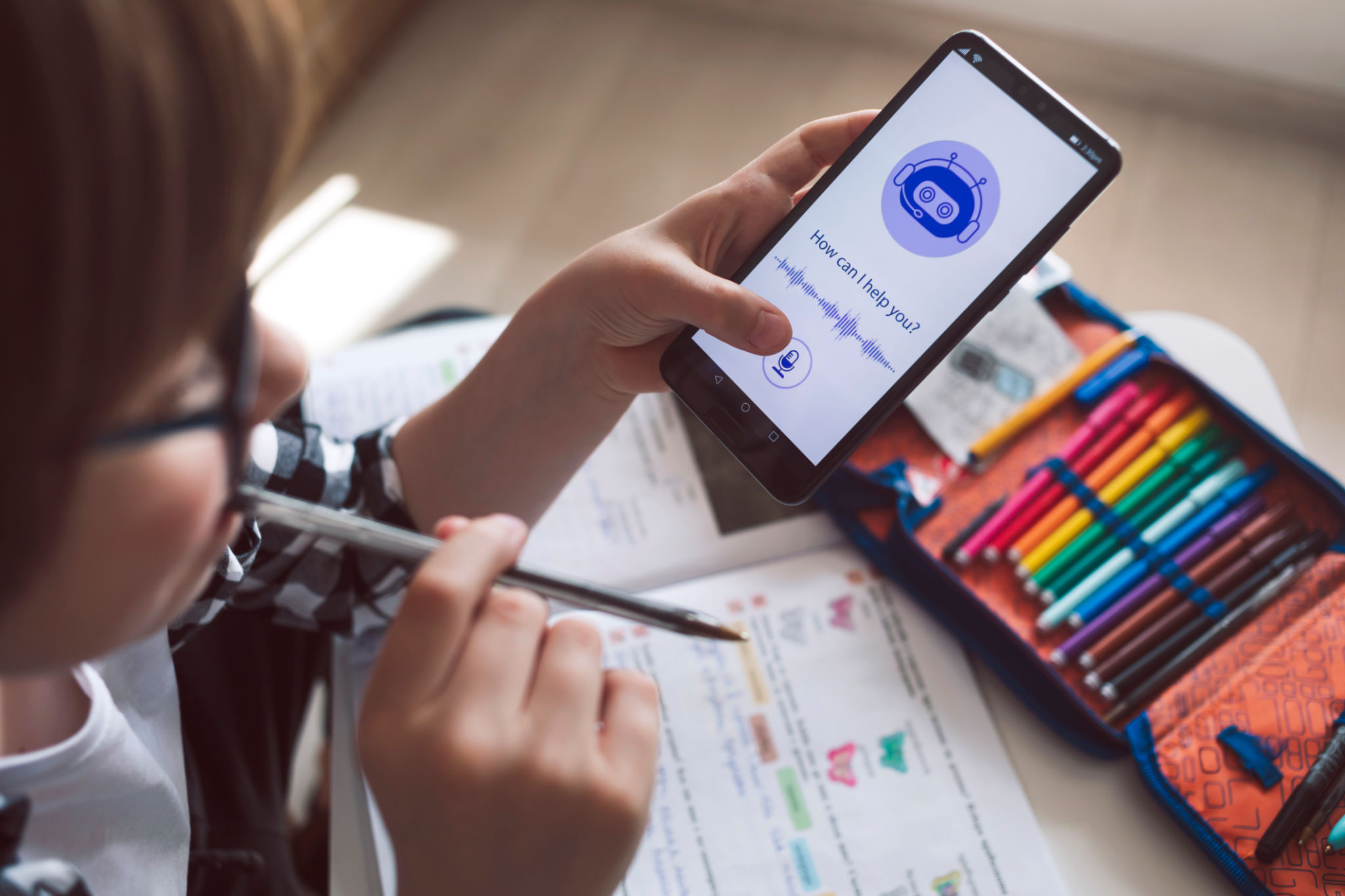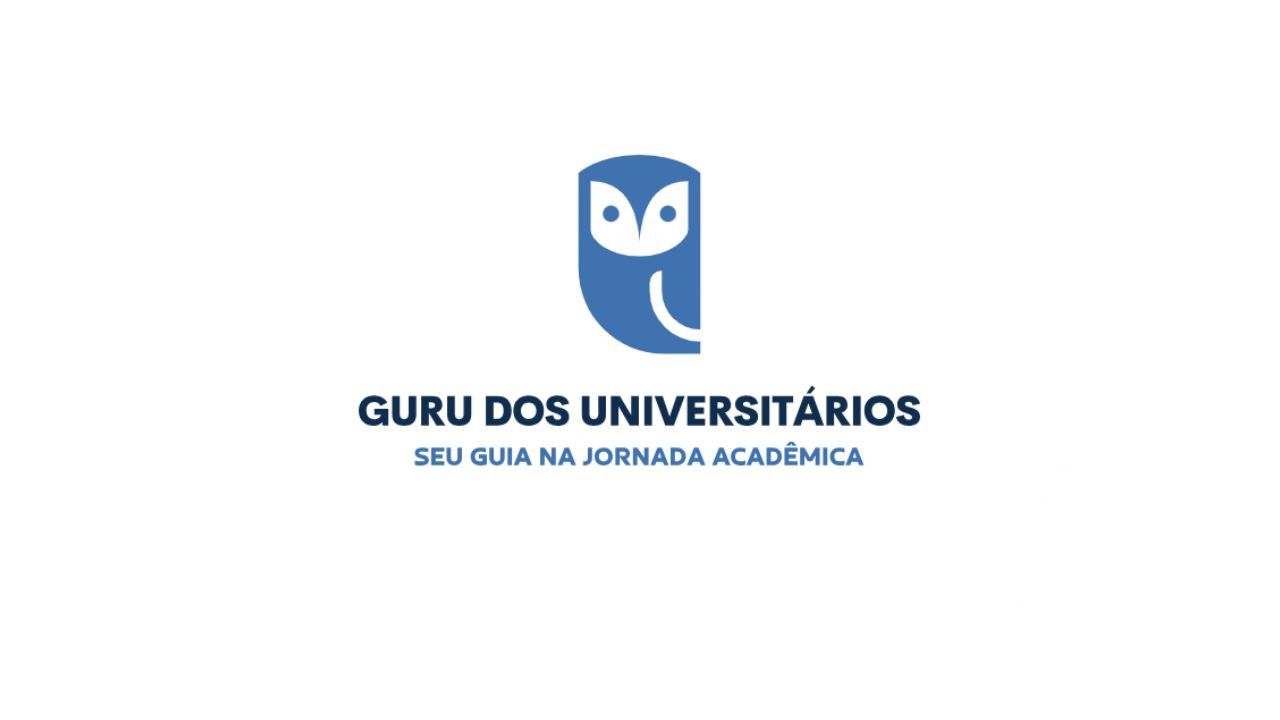The Impact of Technology on Education: Trends in Brazilian Universities
The Digital Transformation of Education
In recent years, technology has revolutionized the educational landscape in Brazil, especially within its universities. This digital transformation is reshaping how students learn, how educators teach, and how institutions operate. The integration of technology is not just enhancing educational experiences but also making them more accessible and inclusive.

One of the most significant changes is the shift towards online learning platforms. With the rise of massive open online courses (MOOCs), students across Brazil can now access high-quality resources and lectures from prestigious universities around the world. This democratization of knowledge is leveling the playing field, providing opportunities for students in remote areas to gain the same education as those in urban centers.
Virtual Classrooms and Remote Learning
Virtual classrooms have become a staple in Brazilian universities, especially following the global pandemic. These digital spaces allow students and professors to connect in real-time, transcending geographical boundaries. Platforms like Google Classroom and Microsoft Teams are widely used to facilitate interactive learning experiences.
Remote learning has also led to the development of innovative pedagogical approaches. Educators are now utilizing multimedia tools, such as videos, podcasts, and interactive simulations, to engage students and enhance comprehension. This shift is fostering a more dynamic and personalized learning environment.

Artificial Intelligence in Education
Artificial Intelligence (AI) is playing an increasingly important role in Brazilian universities. AI-driven tools are being used to analyze student performance, offering personalized feedback and recommendations. This data-driven approach helps educators identify areas where students may need additional support, ensuring more targeted and effective teaching strategies.
Moreover, AI is being employed to develop intelligent tutoring systems. These systems provide students with customized learning paths, adapting to their individual needs and learning speeds. This personalized approach is proving to be highly effective in improving student outcomes and retention rates.

Challenges and Opportunities
While the integration of technology in education presents numerous benefits, it also poses certain challenges. One of the primary concerns is the digital divide, which refers to the gap between those with access to technology and those without. In Brazil, efforts are being made to bridge this divide by investing in infrastructure and providing affordable internet access to underserved communities.
Another challenge is ensuring the privacy and security of student data. As educational institutions increasingly rely on digital platforms, safeguarding sensitive information becomes paramount. Universities are adopting robust cybersecurity measures to protect against data breaches and ensure compliance with privacy regulations.
The Future of Education in Brazil
Looking ahead, the impact of technology on education in Brazil is expected to grow even further. Emerging technologies such as virtual reality (VR) and augmented reality (AR) hold the potential to create immersive learning experiences. These technologies can make complex subjects more tangible and engaging for students.
Furthermore, the continued evolution of AI and machine learning will likely lead to even more sophisticated educational tools. As Brazilian universities embrace these advancements, they are poised to become leaders in the global educational landscape, driving innovation and shaping the future of learning.

